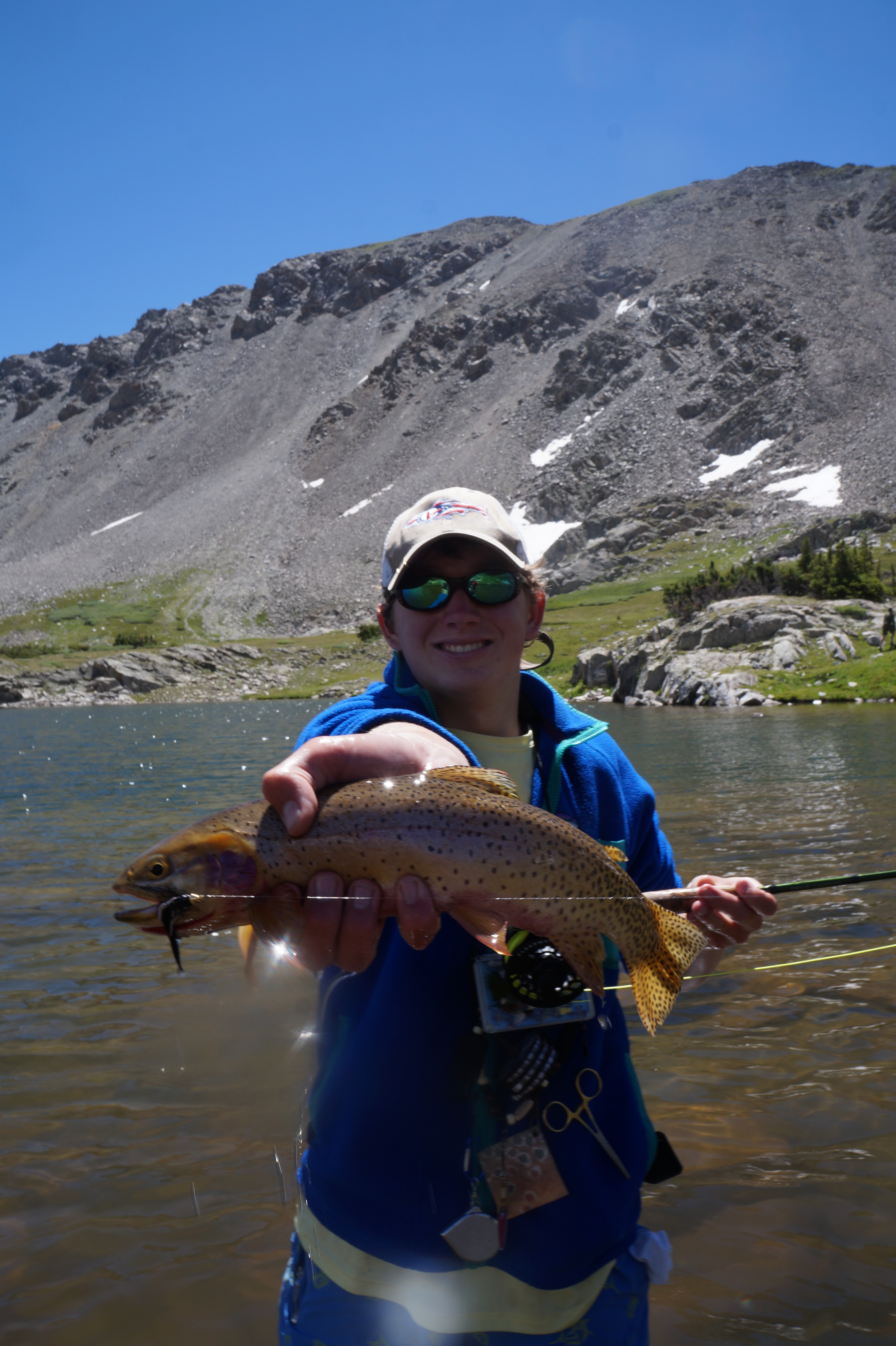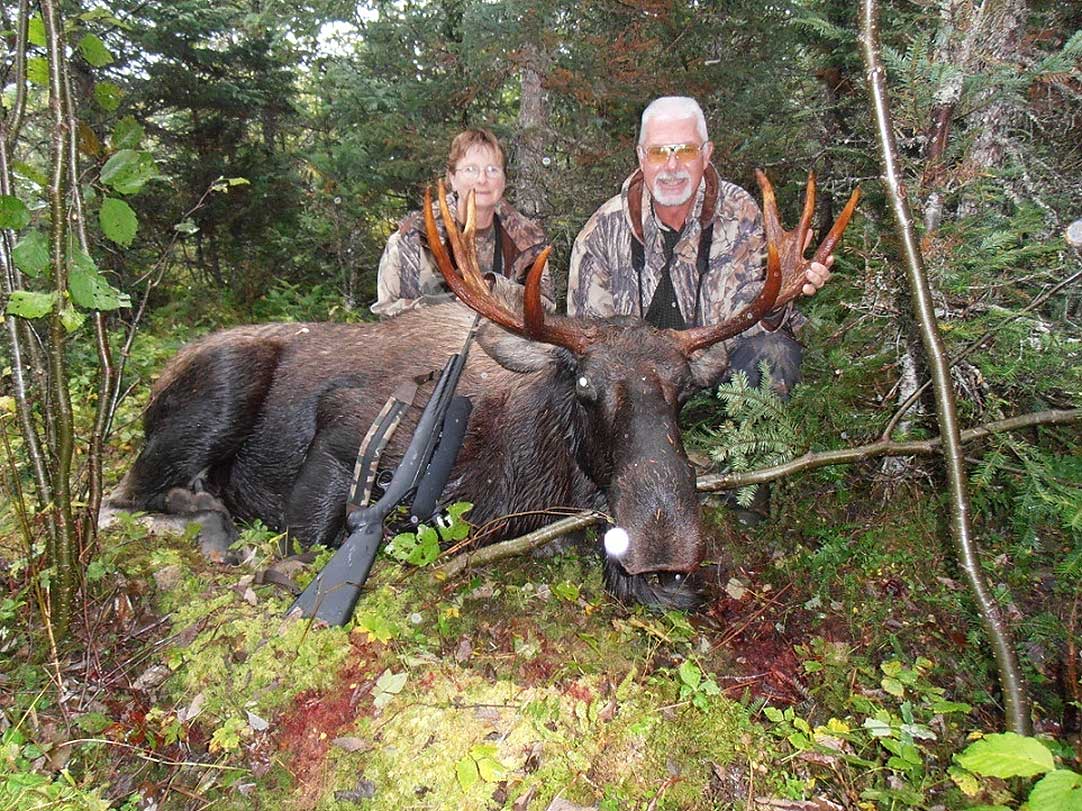
(Image: Bibliotheque nationale de France) 17th century French cartographers left the names of unexplored places blank- one reason there is no French word for wilderness. “Go back 250 years in American and European history, and you do not find nearly so many people wandering around remote corners of the planet looking for what today we would call ‘the wilderness experience,’” the environmental historian William Cronon wrote two decades ago.Īs different societies urbanize to varying degrees, they start to define wilderness more starkly-according to the Dutch Wilderness Babel pages, in the Netherlands, which is heavily developed, a streetside meadow might be considered wild, “even though meadows are not ‘natural’ to the Dutch landscape and therefore show past human activity.”Ī close up from the Carte du Tendre, a French map made in 1654 by Madeleine de Scudéry. The whole idea of wilderness is relatively recent. The Finns happily go into the erämaa during hunting and fishing seasons, and for the Nez Percé of the Western U.S., who live off the land entirely, “wilderness” is not even a place-it’s a particular rite of passage, in which initiates go without food or human contact for a long period. (Photo: curiositydrivesthecat/Pixabay CC0)įor those with a closer tie to nature, a place need not be untouched by humans to be considered “wilderness”-it just needs to be less touched, or left alone for the moment. soldiers coined the related military term “boondock” based on their fighting experiences. The Philippine word for mountain is bundok. U.S. English, the Tagalog word morphed into “boondock,” which was initially a term for a confusing, remote area, but has now become slang for a backwards-seeming place.)

invaded during the Philippine-American war. In the Philippines, the word for “mountain,” bundok, took on connotations of wildness and unpredictability only after the U.S.

consider their wild heritage were emptied fairly recently, by famines, persecution, and emigration. The undulating grassy hills and sparsely populated rural landscapes that many people in the U.K. But as with so many things that, on first glance, appear “natural,” political, economic, and social concerns roil underneath. Some of the differences depend on landscape and climate features-“wilderness” is forest for Estonians, rolling moors for Scots, and desert for the Hebrews. Click on the region you’re interested in, and you’re treated to a short essay by an environmental historian familiar with the area, along with imagery and sounds taken from the places described. Part map, part lexicon, and part grab-bag natural history lesson, the project collects different languages’ words for “wilderness” (or their closest analogs) and drops them on a map. “ Wilderness Babel,” a virtual exhibition maintained by the Rachel Carson Center for Environment and Society, curates linguistic experiences of wilderness, or lack thereof, from around the world. (Photo: Claudia Garad/WikiCommons CC BY-SA 4.0) This Icelandic fox may be posing in the wilderness, but he’s not a part of it. In Japan, for example, the closest analog to “wilderness” is kouya, which means ”rough, dry fields.” In Iceland, the concept includes vast, sublime landscapes, but no wildlife, as even untamed animals are more likely to live near warm human settlements than in what Icelanders think of as “wilderness.”

Your answer likely depends on your formative experiences-which books you’ve read, the types of landscape you visited growing up, and, of course, your native language. For American English-speakers well-versed in Ralph Waldo Emerson and his literary descendants, “wilderness” might bring to mind endless trees, raging rivers, and ”the distant line of the horizon” described in his 1836 essay, “Nature.”īut for those who grew up elsewhere, the word, and the concepts behind it, could conjure up something entirely different.
#GROWING UP WILDERNESS FULL#
When you hear the word “wilderness,” what do you picture? Vast woods full of leaping stags? A mountain rearing up into the clouds? Jungles tangling in all directions? Or something else entirely? (Photo: Eric T Gunther/WikiCommons CC BY 3.0)


 0 kommentar(er)
0 kommentar(er)
